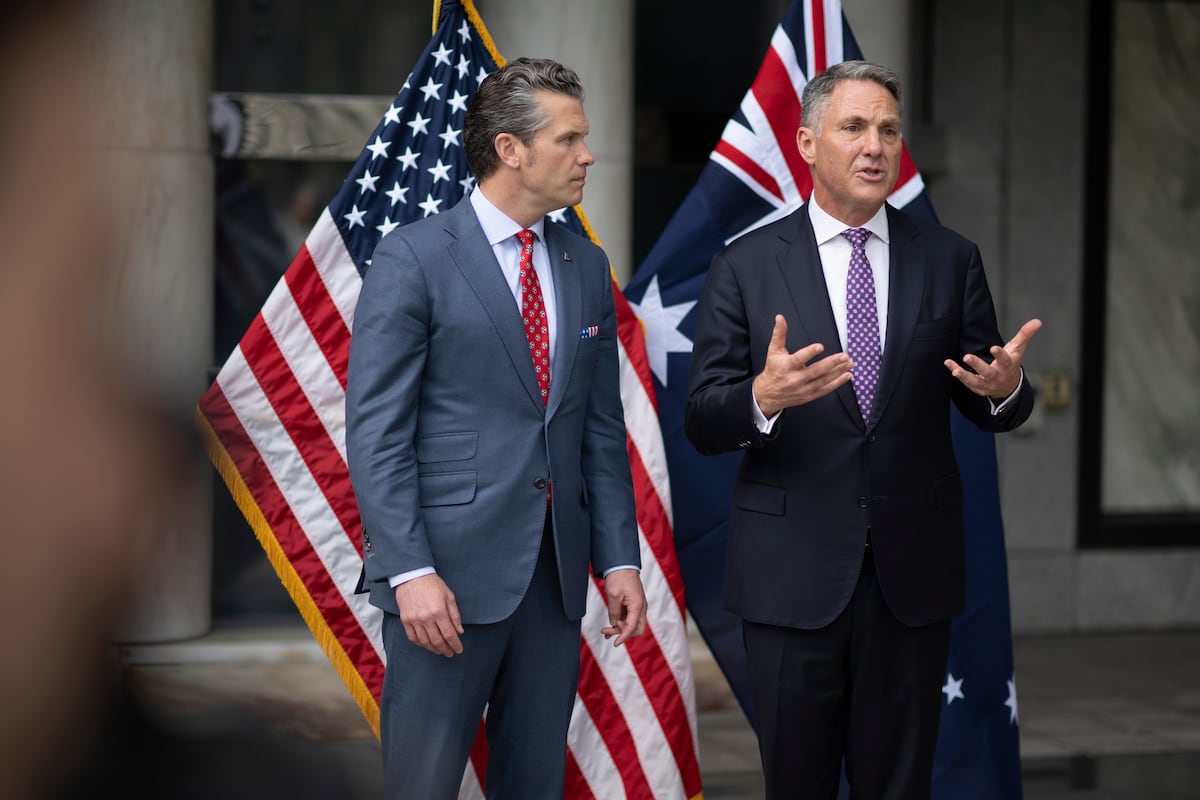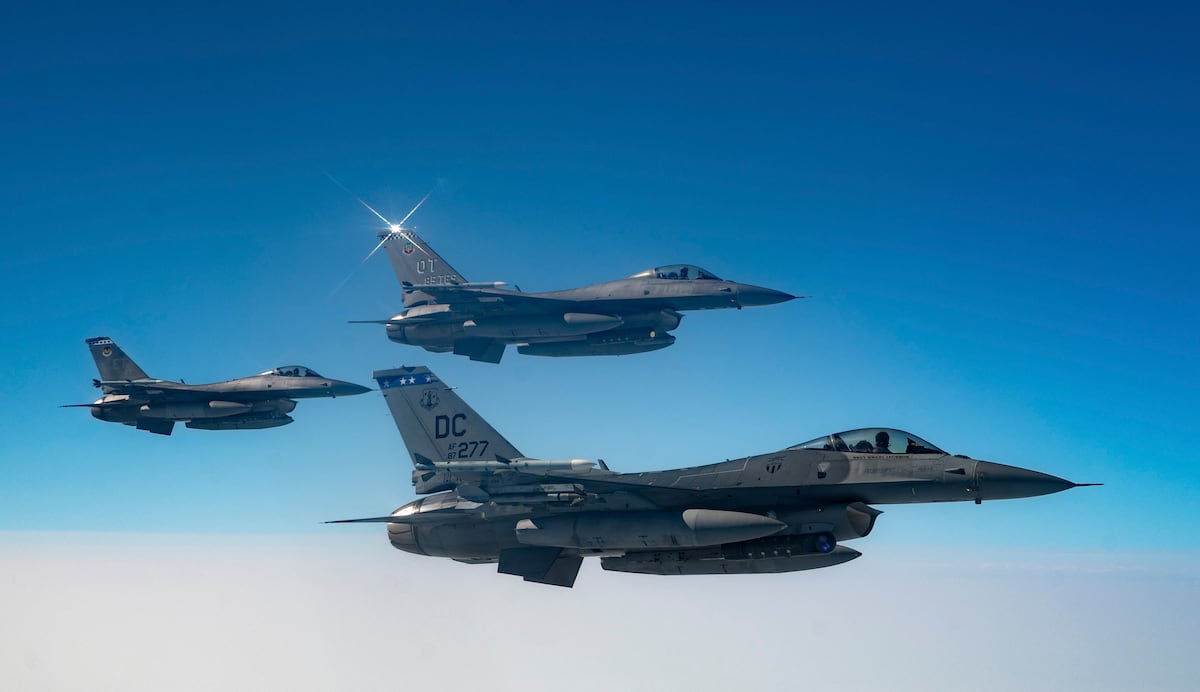Defense Secretary Pete Hegseth told lawmakers Wednesday that his decision to review the AUKUS security agreement came out of “long, personal conversations” with the U.K. and Australian defense ministers. He also suggested, without details, that the agreement might boost U.S. nuclear deterrence in the Indo-Pacific.
News broke June 10 that the Pentagon would launch a 30-day review into the agreement, first reported by The Financial Times, and Hegseth confirmed his decision in testimony Friday. When asked about the decision again Wednesday, he told the Senate Armed Services Committee that he made the move after consulting his counterparts.
“Reviews are always prudent, but those reviews actually come after conversations I’ve had with the Minister of Defence [Secretary John] Healy in the U.K. and [Minister for Defence Richard] Marles in Australia – long, personal conversations about the status of this arrangement, both aspects of it.”
The review will be led by the Pentagon’s policy chief, Elbridge Colby, who has been publicly wary of the agreement.
In a series of tweets last summer, Colby expressed “skepticism” about the agreement, particularly whether it would result in more or fewer submarines deployed to the Indo-Pacific.
“Usual caveat here that I make no presumptions about any future role for myself and only speak for myself,” he wrote, nine months before assuming his current role.
Hegseth and President Donald Trump have in the past expressed strong support for the agreement.
“This is not a mission to the Indo-Pacific that America can undertake by itself,” Hegseth said in February, following a meeting with his counterparts. “It has to be robust allies and partners. Technology sharing and [submarines] are a huge part of it.”
The agreement, signed in 2021, includes plans to sell U.S. submarines to Australia, increase the members’ ability to operate together under U.S. Indo-Pacific Command, and share other technology. Congress authorized the sub sale two years later, with an 87-13 vote in the Senate and 310-188 in the House of Representatives.
Hegseth let on during the hearing that the first part of the agreement might be the source of the concern.
“So we are reviewing it, because that’s what the Defense Department ought to do, to make sure it fits the priorities of the president and that our defense and shipbuilding industrial base can support,” he said.
Lawmakers from both parties were immediately concerned about the review’s implications.
U.K. and Australian leaders voiced support for the review and confidence that AUKUS would continue. “It’s a really important project,” British Prime Minister Keir Starmer told reporters Monday. “So I don’t have any doubt that this will progress.”
Congress is also looking for that reassurance, Rep. Joe Courtney, D-Conn., told Hegseth on Wednesday.
Asked later whether AUKUS could help the U.S. with nuclear deterrence in INDOPACOM, Hegseth hedged.
“Working through AUKUS as a possible avenue for that is a good thing,” he said.
Read the full article here








Leave a Reply